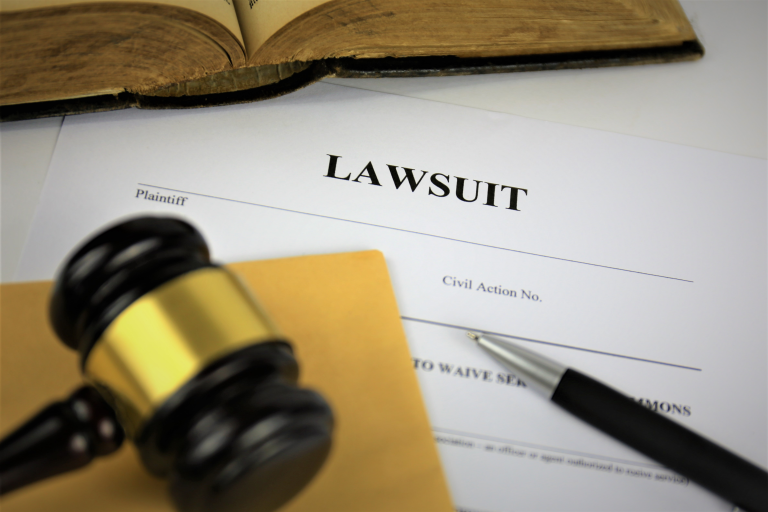Florida law has specific statutory regulations for residential leases and commercial leases. Commercial tenants are not granted the same protections enjoyed by residential tenants, which requires a strategic approach to avoid unexpected consequences.
In this article, you will discover the maximum commercial lease period in Florida.
Commercial Lease Agreement Florida – The Essentials
There are two key parties in a commercial lease agreement – the lessor (tenant) and the lessee (tenant). The lessee must pay the agreed-upon amount to the lessor in exchange for the right to legally occupy and use the leased premises for commercial purposes.
Even though the terms and conditions of a commercial lease may vary, there are key elements that cannot be out of a robust agreement. With all terms in writing, a Florida lease agreement should include the following elements:
- The lessor’s identification (individual or business entity name)
- The lessee’s name
- A concise description of the property subject to the lease
- The term of the lease
- The due amount of rent to be paid by the lessee
- The amount of the security deposit
The language used in the document must show that both parties agree to the terms and conditions of the agreement. Depending on the negotiation between the lessor and the lessee, the agreement may have additional items, such as:
- Use restrictions applied to the premises
- Rent modifications (lease periods over one year)
- Responsibilities associated with maintenance and repairs
- Indemnification clauses
- Assignment clauses
- Subletting clauses
- Insurance
- Mediation/arbitration clauses
What is the Maximum Commercial Lease Period in Florida? – In Detail
There is no maximum statutory limit applied to commercial leases in Florida. Surprisingly, oral leases with a period of less than one year are enforceable in Florida.
Please note that this is not the most common method used by either residential or commercial leases, as it will likely result in time-consuming disputes in court.
Not only a commercial deal must be in writing, but the best way to guarantee a successful deal for both parties involved is to consult with an expert lease attorney to draft the document.
Florida Statutes §689.01 provides that a commercial lease agreement with terms superior to one year must be in writing to be enforceable. In the past, state law also required commercial lease agreements to be signed in the presence of two subscribing witnesses.
On June 27, 2020, Governor Ron DeSantis signed a new bill into effect that waived the two subscribing witnesses requirement for leases signed within state jurisdiction.
An amendment on Florida Statutes §689.01 (1) specifies that “no subscribing witnesses shall be required for a lease of real property or any such instrument pertaining to a lease of real property. No seal shall be necessary to give validity to any instrument executed in conformity with this section.”
Accordingly, no matter the term of the commercial lease agreement, it does not necessarily need to be witnessed and notarized to be valid. If the parties of the contract decide to record the lease document in public records, it will be notarized. However, notarization is not a statutory validity requirement by itself.
Florida Commercial Lease – Immediately Seek Expert Legal Guidance
A well-versed legal advisor in Florida lease and business law, Attorney Romy B. Jurado willingly wants to help protect your interests. Contact us by calling (305) 921-0976 or emailing [email protected] for an individual consultation.






